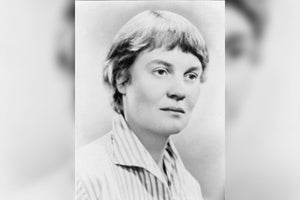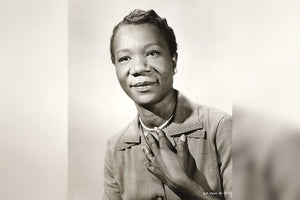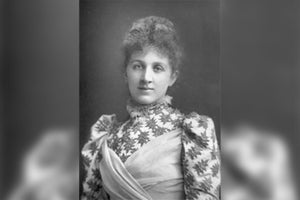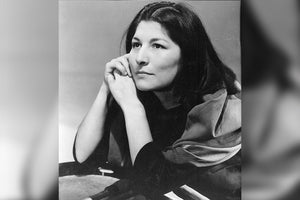Birthday – 17 July
Who is Angela Merkel?
Angela Merkel, the first female chancellor of Germany, is also well
respected as a top leader of the European Union, and has been nominated
multiple times as the second-most powerful person in the world.
Five Facts about Angela Merkel
- She is of German and Polish descent
- She has served as Germany’s chancellor for 4 terms
- She has a PhD in Physical Chemistry
- She was awarded the Grand Cross 1st Class of the Order of Merit of the Federal Republic of Germany
- She is a huge football fan, attending games of the national team in her official capacity
Inspirational Quotes from Angela Merkel
“When it comes to human dignity, we cannot make compromises.”
“Neither the chains of dictatorship nor the fetters of oppression can keep
down the forces of freedom for long.”
“Freedom is the very essence of our economy and society. Without
freedom the human mind is prevented from unleashing its creative force.
But what is also clear is that this freedom does not stand alone. It is
freedom in responsibility and freedom to exercise responsibility.”
“Global climate change is one of the greatest challenges facing humanity in
the twenty-first century.”
“Democracy must be our answer to terrorism.”
Angela Merkel Biography
Early Life
Her parents, Horst and Herlind Kasner moved to East Germany just before
she was born. Finishing her high school in 1973, she enrolled in a physics
program at Karl Marx University in Leipzig. She was awarded her doctorate
in Quantum Chemistry in 1986.
While at University, she met her husband, another student of Physics,
Ulrich Merkel. However, the marriage did not last, and she later married
Joachim Sauer, a chemistry professor. She does not have any biological
children.
Turning Point
After the Berlin Wall fell, she joined Democratic Awakening, becoming its
spokesperson. Later she joined the Christian Democratic Union and rose in
the ranks. By 1991, she was appointed Minister for Women and Youth by
Chancellor Helmut Kohl, and she came into public prominence.
Mission and Work
Despite being a scientist, she was always deeply interested in politics and
dreamt of being active in public life. In 2005, she was appointed Chancellor
of the country at 51 years of age. She was the first woman, the only East
German and non-Catholic, to hold that position.
She has been compared to British ex-Prime Minister, Margaret Thatcher.
Like Thatcher, who also had a background in the sciences, she has
projected an image of control and power. She has the distinction of being
the longest-serving leader in the European Union.
She led her party to victory three times, and is seen by many as the leader
of the free world. It was not always easy for her, since she had earlier had
a lot of trouble with public speaking. She was called ‘the climate chancellor’
for propagating the idea of clean energy.
Cutting emissions has always been important to her since her days as
Environment Minister in the 1990s. She was in charge of the 1997
negotiations on the Kyoto Protocol. She convinced the leaders of the
European Union to adopt targets for emission reduction.
She has announced that she will step down as Chancellor next year. Her
achievements are many, and though she has come in for criticism at times,
her steady hand while dealing with fractious problems has been noticed worldwide. Using a scientist’s detachment while dealing with complex
issues has earned her worldwide acclaim.
Legacy
Winner of many awards, she will be remembered as a no-nonsense leader
who led her country through many troubling situations without losing the
human touch.
![]() Fast Shipping
Fast Shipping![]() Subscribe to our Newsletter
Subscribe to our Newsletter![]() 🌟 New Global Competition 🌟
🌟 New Global Competition 🌟















